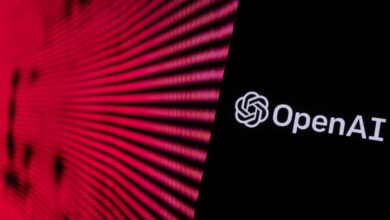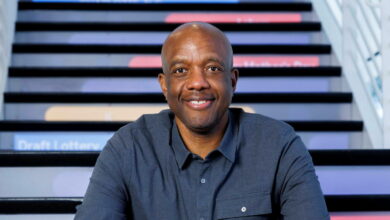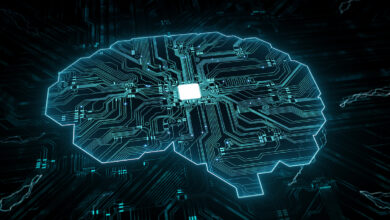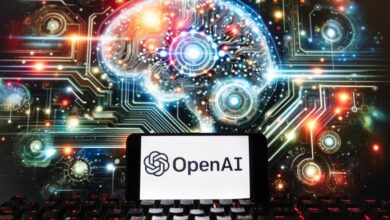Rise Of Artificial Intelligence In Cinema
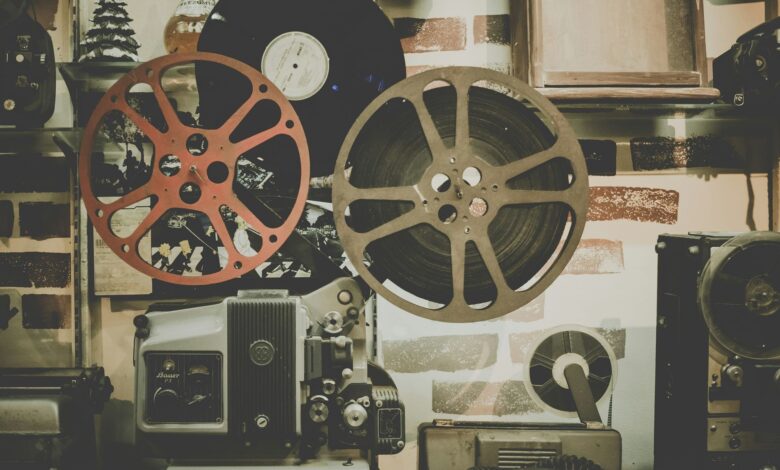
The 2nd AI International Film Festival (AIFF) in Downtown Los Angeles marks an important moment in the integration of AI-powered cinema into Hollywood. Produced by Runway, a New York-based artificial intelligence (AI) video startup, the event is notable for its support from well-established organizations such as the Tribeca Film Festival and the Geneva International Film Festival (GIFF).
After AI started producing visuals, the transition to producing videos was very short. So much so that even artificial intelligence film festivals have started to be organized, considering that the impact of CGI and visual power in cinema has increased, the impact of artificial intelligence on movie scenes can be significant.
AI’s Hollywood integration milestone
At the invitation-only premiere at the Orpheum Theater, more than 400 producers, animators, actors, and directors embraced the work produced with Runway’s AI models (Gen-1 and Gen-2) and other AI tools, ushering in a new period. The audience occasionally gasped in admiration, and it was clear that this was a landmark event for cinema.
Cristóbal Valenzuela, CEO and co-founder of Runway, says that last year, they received almost 300 applications for the festival, while this year, that number has reached 3,000. This increase shows how far the technology has come and its acceptance in the industry.
Although Runway pioneered this festival, Sam Altman recently spoke to some producers in Hollywood and promoted Sora. The role of artificial intelligence in cinema has slowly begun to exceed the boundaries of film festivals. These AI tools, which reach the first user, can enable a small team to achieve great things.
Artificial intelligence can be seen as a Pandora’s Box for Hollywood. With the use of artificial intelligence in movie making, our mind’s imagination will be able to be reflected on the screen much more easily. While it is still unclear what impact the intertwining of real and artificial products will have on audiences, these innovations unquestionably transform the world of cinema and art.
Technological progress meets creativity
The films shown at the festival are diverse in theme and style, and while some feature more prominent AI visuals, the most successful entries showcase compelling narrative-driven structures with well-integrated AI assets. The short film “Get Me Out”, which won the Grand Prix, features a combination of emotional human live-action and intelligent AI visual effects.
Director Daniel Antebi says they used three tools to make the movie:
- Luma AI to recreate and capture 3D environments,
- Runway’s video-to-video tool to use as a layer to animate things,
- ComfyUI to recreate an actor’s skin.
This festival also reveals many ideas about how AI will shape the future of cinema. With leading names using new technologies, there will be wider acceptance and this is inevitable.
Anastasis Germanidis, Runway’s CTO and co-founder, says the company will continue to build tools that give users more art direction control. Alejandro Matamala, the company’s CDO and co-founder, talks about how creators will take their talents to the next level; writers will become animators, animators will become filmmakers and more.
Cristóbal Valenzuela, CEO of Runway, sees the movie AI in two dimensions. He predicts that the AI descriptor will disappear as the technology becomes mainstream and that AI will lead to an entirely new, as yet unnamed, art and media genre.
Innovative tools such as OpenAI’s Sora and Runway, another company in this field, are on the verge of creating a major transformation in the field of cinema and art. In this new era where the lines between realism and artificiality are blurring, it remains to be seen how artists and creators will proceed. Depending on the time, observing exactly what the impact of these technological advances on art will be will be the most important part of this exciting process.
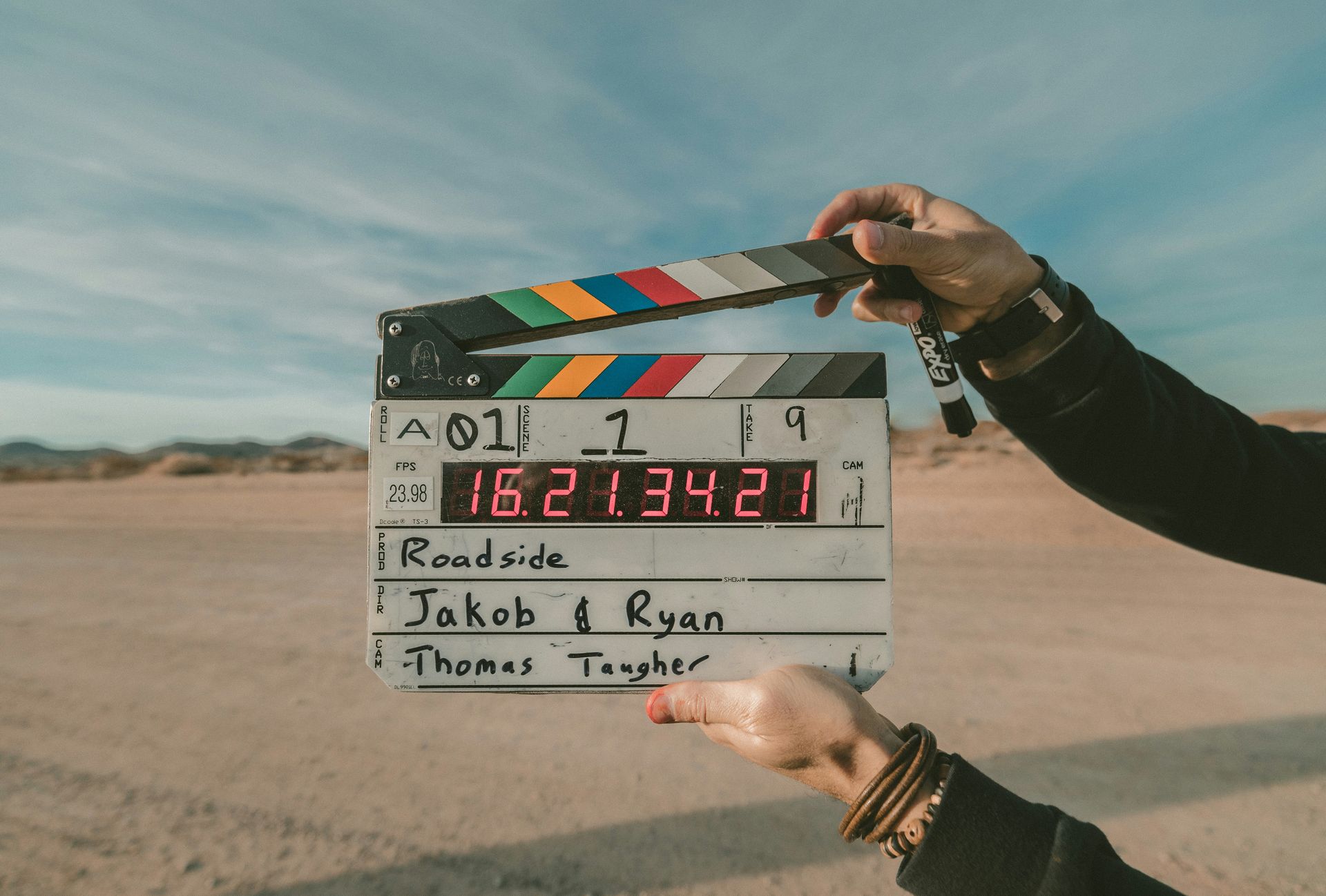
AI and ethical debates in cinema
The integration of AI technology into the film industry is not only a technical revolution but also raises profound ethical issues. Can the use of AI in image production and storytelling be seen as a cop-out, or does the methodology not matter as long as the results are satisfactory?
These questions are provoking debate among industry professionals and audiences alike.
The use of artificial intelligence in cinema raises concerns that it could replace human labor. A reduction in the human factor in the creative process in the industry could hurt originality and artistic expression. As an art form that reflects human experiences and emotions, cinema retains the importance of the personal touch. But even if artificial intelligence is capable of mimicking these touches, can it reflect real human emotions and depths?
The rise of AI may require a redefinition of the role of artists. Writers and directors must use the tools provided by AI effectively and ethically. While technology may remain a tool to support creativity, it will be the human being who preserves and communicates the spirit of art. There is also the issue of ownership of AI products and creativity. Whose property will the content produced by AI be considered, who can claim copyright over these works? Such questions may bring about new debates on legal and moral levels.
Artificial intelligence offers exciting film industry opportunities but raises serious questions about ethics, creativity, and human labor. Watching how this technology will leave its mark on the art world and how it will influence the future direction of art should be an important concern for every art lover. In this new period, it is even more important to remember the value of human creativity and labor, without being seduced by the convenience of artificial intelligence.
Featured image credit: Noom Peerapong / Unsplash
